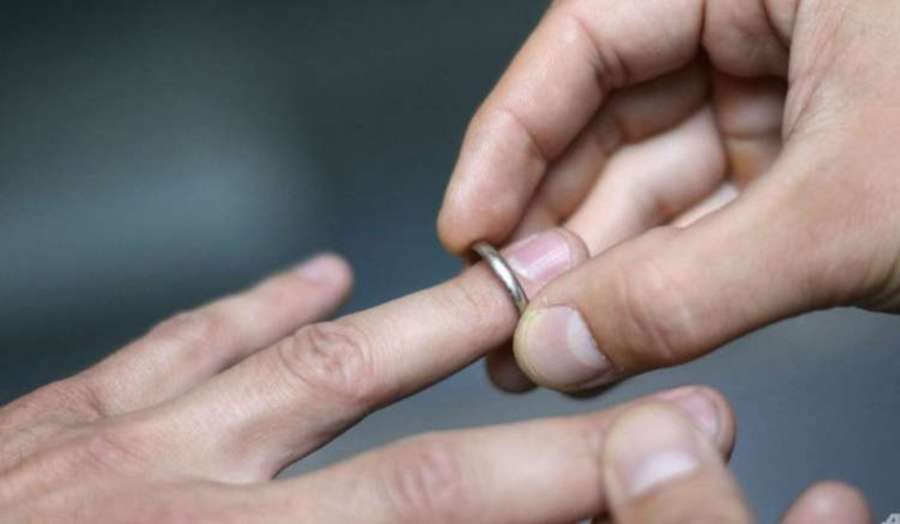الأخبار


- September 24, 2018 @ 8:00pm
MARRIAGE is an important and sacred institution between a man and a woman.
The Islamic law provides that a person may marry if he or she has reached puberty.
Section 8 of the Islamic Family Law (Federal Territories) Act 1984 provides that a couple below 18 years old cannot be married unless the syariah judge has granted his permission in writing in certain circumstances.
Under civil marriage, Section 10 of the Law Reform (Marriage and Divorce) Act 1976 states that a couple under the age of 18 can only marry with a licence from the chief minister and a written consent from the parents. If the person is an adopted child, his or her adopted father would have to give the written consent.
ADVERTISING
If the person is illegitimate, and the father is dead, the written consent from the mother may be accepted. If both parents, natural or adopted, are dead, the consent must be obtained from the guardian.
It is a fact that the practice of child marriage is widespread in many least developing countries, particularly among the rural and indigenous communities.
Child marriage is a human rights violation as it threatens the child’s life and health, and limits his or her prospects.
It is arguable that to deprive a child from attaining education amounts to not only a violation of his or her human rights but is also economic deprivation and a violation of the child’s economic rights. These violations will have a devastating effect on the child, making him or her dependent on others and vulnerable to abuse.
Despite the devastating effects, child marriages have been reportedly occurring in Malaysia.
Recently, the marriage of an 11-year-old girl to a 41-year-old man alarmed many Malaysians.
In 2010, it was reported that nearly 15,000 girls below the age of 15 were in a marriage.
In 2014, the National Fatwa Council published a fatwa declaring that child marriages were not obligatory and not a “healthy ” practice.
It is time to put an end to this harmful practice by amending the existing laws to criminalise child marriages. Many have suggested that the marrying age be raised to 18 and above for Muslims and non-Muslims.
Criminalising child marriages will deter such a practice. Hence, it would be appropriate to take a lead from other jurisdictions with similar practice such as Bangladesh, a country with a high number of child marriage cases.
The Bangladesh Child Marriage Restraint Act 2017 has a wide range of sentences imposed on parties involved in child marriages.
An adult, man or woman who enters into a child marriage can be jailed up to two years, fined or both. A minor, either male or female, who enters into a child marriage can be jailed up to one month, fined or both.
However, the minor is not punishable if the marriage takes place due to an arrangement made by the parent or guardian.
In such a situation, the parent or guardian who promotes the child marriage, allows it to be solemnised or fails to prevent it from being solemnised is punishable with a jail term of up to two years, but not less than six months, a
fine or both.
The act also makes child marriage an offence and anyone who solemnises such a marriage can also be jailed up to two years, but not less than six months, fined or both.
A marriage registrar who registers a child marriage can be jailed and his licence revoked.
The act also provides measures to prevent child marriages. The court is authorised to issue an injunction against the solemnisation of a child marriage if it receives any complaint of such an arrangement.
Any person who violates such an injunction can be jailed six months, fined or both.
Malaysia can emulate such an act to stop child marriages.
PROF ASHGAR ALI ALI MOHAMED
Ahmad Ibrahim Kulliyyah of Laws, International Islamic University Malaysia








